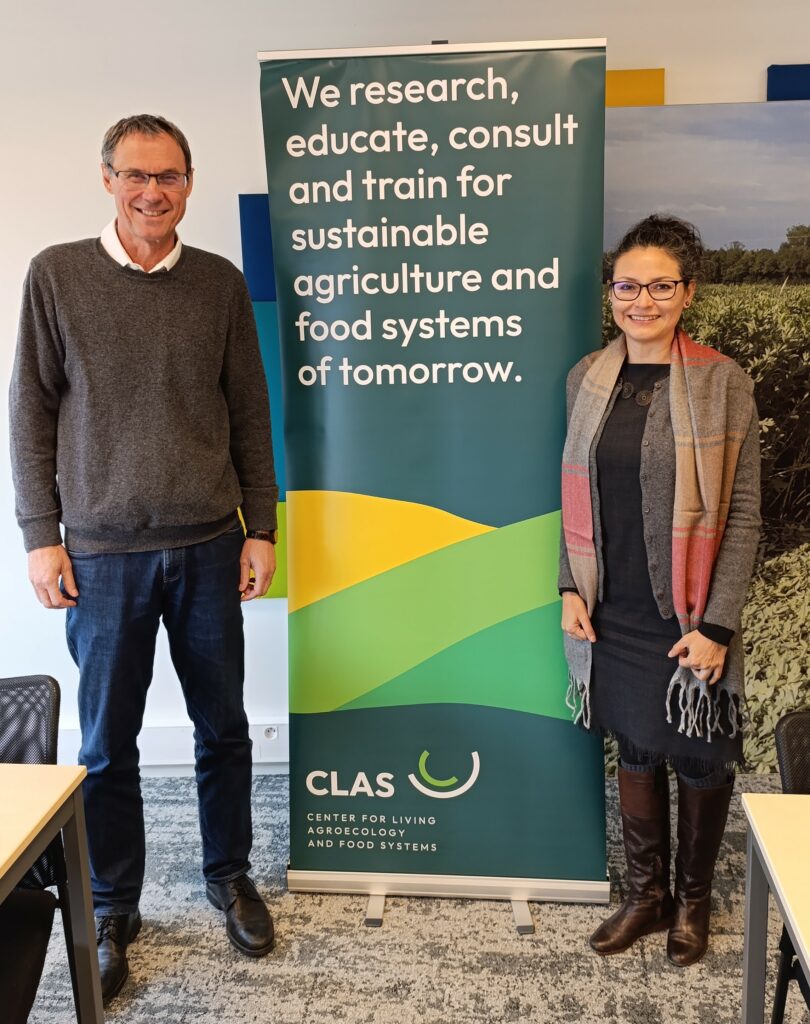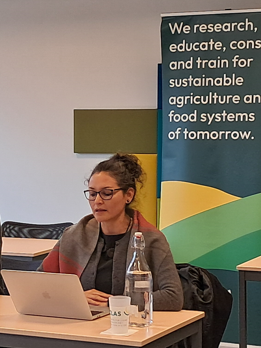

On 20th January, with the participation of 70 persons and with the cooperation of Agroecology Europe, Ms Georgina Catacora-Vargas and M. Alexander Wezel put a light on the less known concept of ‘silent agroecology’.
Both speakers have shown during this webinar how this concept could be used to illustrate hidden realities of agroecology today in different contexts. This concept aims to shed light on the fact that many practices and farms are not recognised or even not considered as agroecological ones for the mere reason that there is no clear and official definition of what an agroecological farm is and means.
For instance, in Bolivia, many peasant ancestral Andean knowledge and practices could be considered as agroecological but are not seen or claim as such. The same applies in Europe where the transition towards agroecology and farms implementing agroecological practices (and many under organic farming) exist, but are often not perceived as being under agroecology.
Many farms and farmers practices remain invisible, implying that they are not identified nor counted. This implies unfortunately also a loss of knowledge and expertise. Having a clearer picture about agroecological farms and implementation of practices is important to strengthen the advocacy of the agroecological movement toward the political authorities to defend family farming, and also advocate for food sovereignty, local and short food supply chains, diversity of indigenous seeds and breeds, healthy and quality food.
The question of involving these unseen actors is key to make them rightly recognised but also allow enhancing upscaling of agroecology. For a few years now, they have noted a growing trend towards awareness and mobilisation of these farms and farmers within some initiatives.
For more information, you may watch the recording of the webinar.
